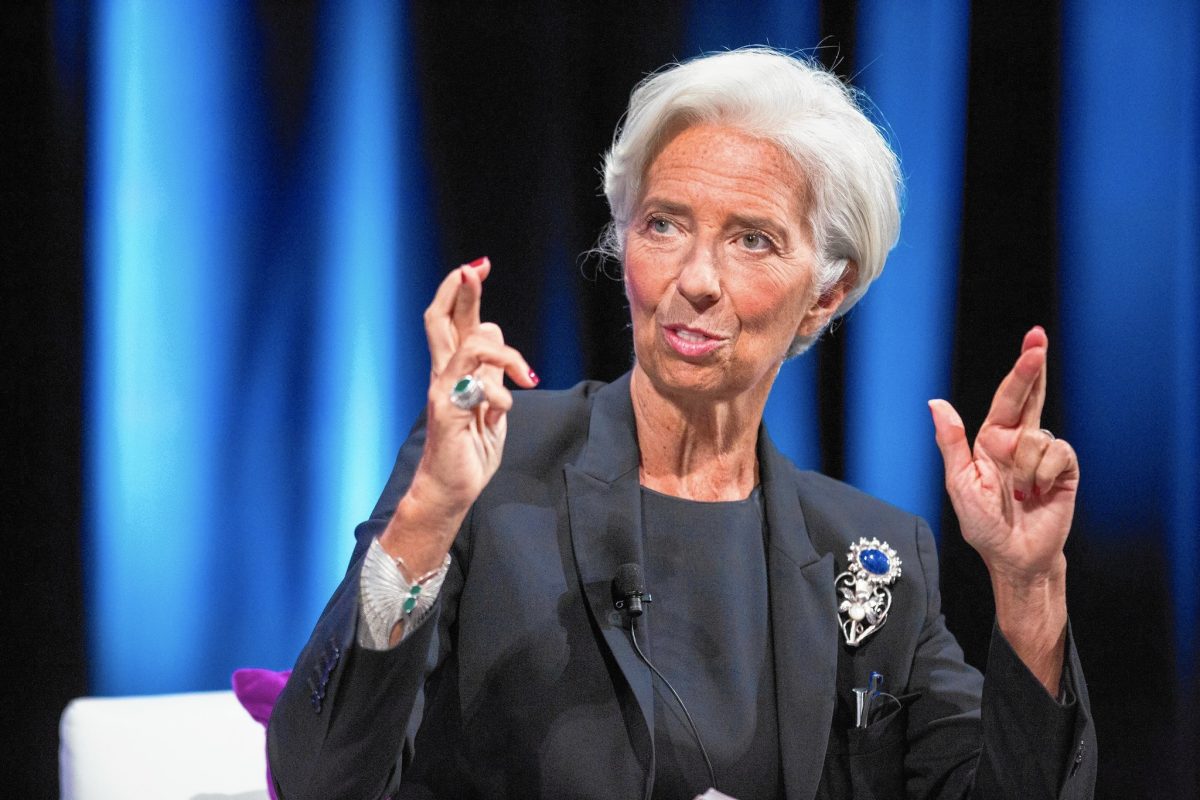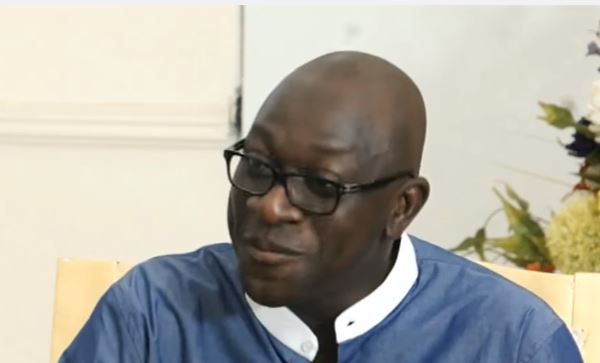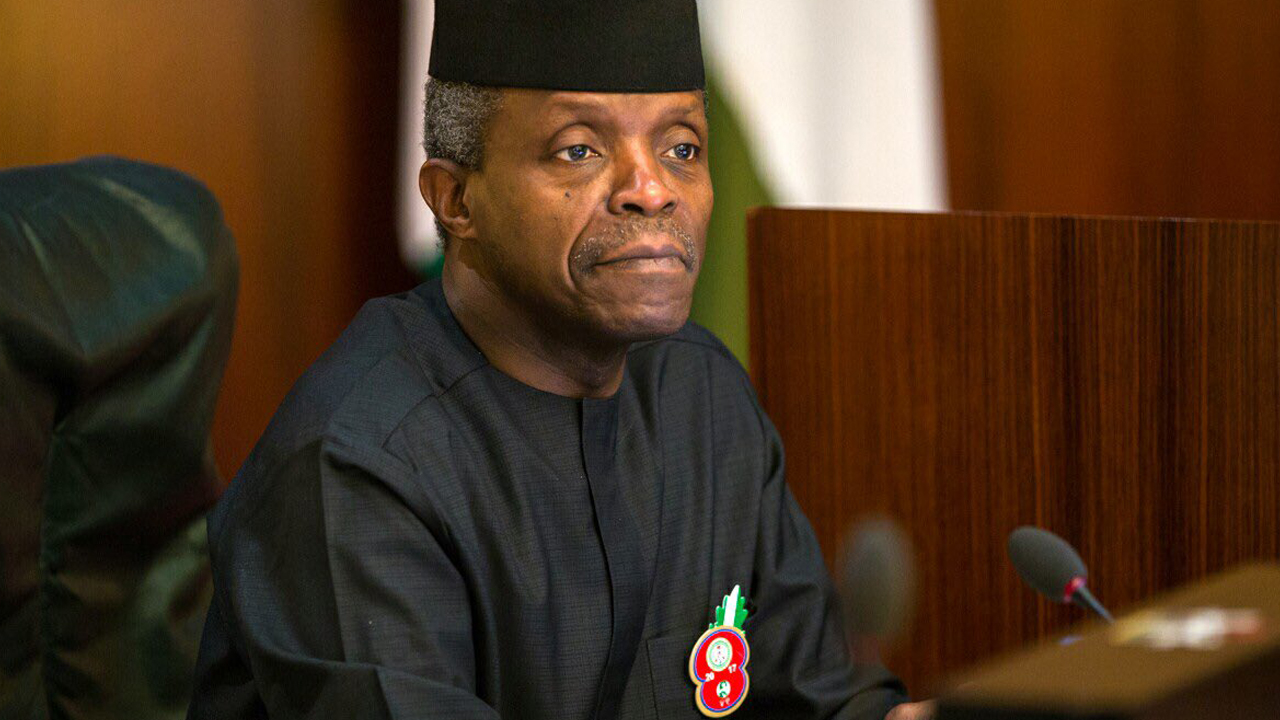Christine Lagarde, the managing director of the International Monetary Fund (IMF), says global governments must prepare the people to compete with machines.
Lagarde, who spoke on the global economy ahead of the IMF and World Bank meetings in Washington next week, said “there are concerns that automation will progressively jeopardize employment growth in emerging and developing economies”.
Quoting futurist Andrew McAfee, Lagarde said the “when economic winds shift, we must find better ways of supporting workers”.
“There is no magic formula. But we do know that greater emphasis on retraining and vocational training, job search assistance, and relocation support can help those affected by labor market dislocations.
Advertisement
“The United States, for example, could focus more on well-designed assistance for job search and job matching, including through online tools. Emerging economies could also design technological solutions, such as advertising job openings through personalized text messages on mobile phones, just to give you one example.
“Looking ahead, all governments need to do more to help citizens prepare for major technological advances. As the futurist Andrew McAfee put it: ‘The key to winning the race is not to compete against machines but to compete with machines.'”
“That requires a commitment to life-long learning—from early childhood education, to workplace training, to online courses for seniors. Singapore, for example, offers training grants to all adults throughout their working lives.”
Advertisement
She added that the good news is that, after six years of disappointing growth, the world economy is gaining momentum as a cyclical recovery holds out the promise of more jobs, higher incomes, and greater prosperity going forward.
“We see a global economy that has a spring in its step…. At the same time, there are clear downside risks: political uncertainty, including in Europe.
Lagarde said “the sword of protectionism hanging over global trade…and a weak productivity trend that continues to be a severe drag on strong and inclusive growth”.
She urged world leaders to be architects who support growth, with an emphasis on productivity; share the benefits more equitably; and cooperate “across borders through a multilateral framework that has served the world well”.
Advertisement







